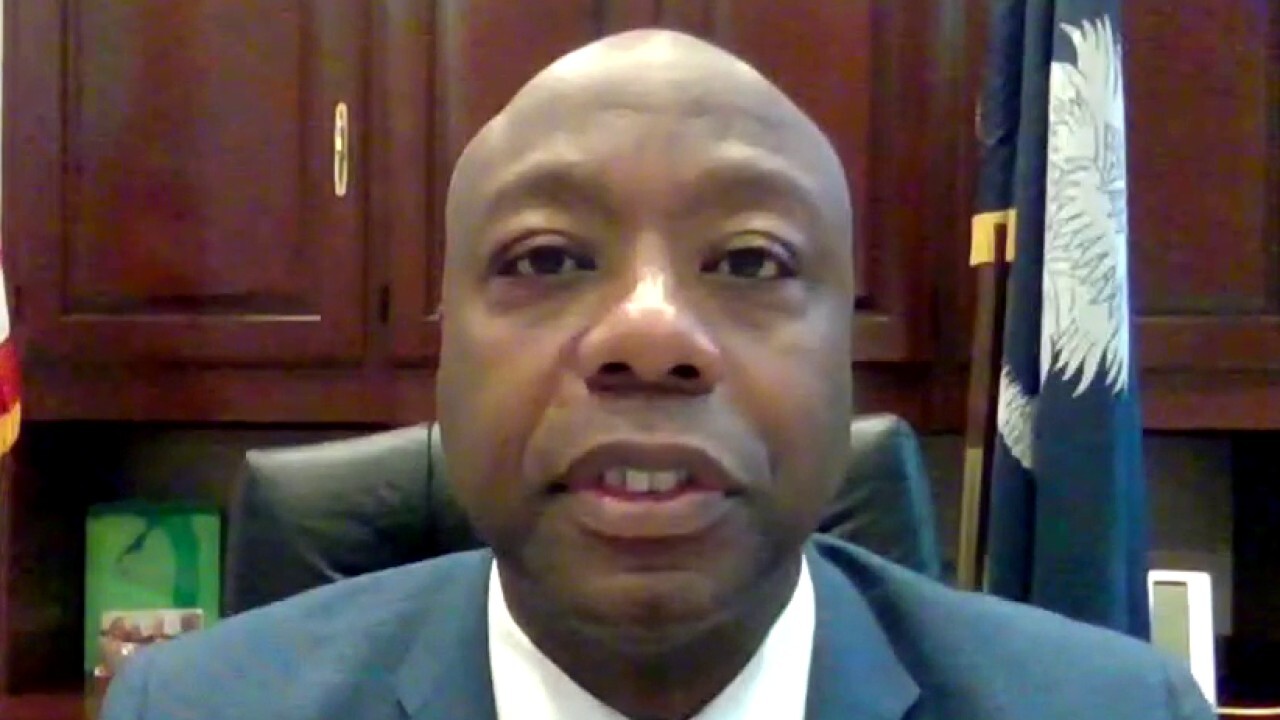Drug Pricing Reform: GOP Budget Bill Includes Middleman Crackdown

Table of Contents
The Role of Pharmacy Benefit Managers (PBMs) in Drug Pricing
Understanding PBMs and Their Influence
Pharmacy Benefit Managers (PBMs) act as intermediaries between pharmaceutical manufacturers, insurance companies, and pharmacies. They negotiate drug prices, manage formularies (lists of covered drugs), and process prescription claims. While ostensibly designed to manage drug costs, critics argue that certain PBM practices actually inflate prices for consumers. Understanding their complex role is critical to understanding the need for drug pricing reform.
- PBMs negotiate rebates from drug manufacturers: These rebates are often substantial, but a significant portion is kept by the PBMs themselves, rather than being fully passed on to consumers or insurers. This lack of transparency fuels concerns about PBM profits at the expense of patients.
- "Spread pricing": This practice involves the difference between the amount PBMs pay pharmacies for drugs and the amount they charge insurance companies. This spread can be substantial, contributing significantly to higher prescription drug costs.
- Lack of transparency in PBM practices: The opaque nature of PBM operations makes it difficult to assess their true impact on drug prices. This lack of accountability is a major driver behind calls for increased PBM regulation and drug pricing reform.
Key Provisions of the GOP Budget Bill Addressing Drug Pricing
Direct and Indirect Cost Savings Mechanisms
The GOP budget bill proposes several measures designed to address PBM practices contributing to inflated drug costs. These provisions aim to increase transparency and limit practices like spread pricing, ultimately leading to potential cost savings for consumers and the healthcare system.
- Mandatory disclosure of rebates and discounts: The bill mandates that PBMs publicly disclose all rebates and discounts they receive from drug manufacturers. This transparency is intended to shed light on the current system and allow for better oversight.
- Limits on spread pricing: The proposed legislation aims to cap or limit the amount PBMs can profit from spread pricing, ensuring fairer compensation for pharmacies and preventing excessive markups.
- Increased oversight and regulation of PBM activities: The bill proposes strengthening regulatory oversight of PBMs, giving agencies more authority to investigate and address anti-competitive practices.
- Potential penalties for anti-competitive practices: The bill includes provisions for penalties against PBMs engaging in activities deemed anti-competitive, discouraging practices that artificially inflate drug costs.
Potential Impact and Challenges of the Drug Pricing Reform Bill
Benefits for Consumers and the Healthcare System
Successful implementation of the GOP budget bill's drug pricing reform measures could yield significant benefits:
- Lower prescription drug costs for consumers: This is the primary goal, potentially making essential medications more affordable and accessible to a wider population.
- Reduced burden on taxpayers and insurance companies: Lower drug costs could translate into reduced healthcare spending overall, benefiting both taxpayers and insurance providers.
- Improved affordability and access to essential medications: Increased affordability could mean better access to life-saving and life-improving medications for patients who currently struggle to afford them.
Potential Drawbacks and Unintended Consequences
Despite the potential benefits, concerns exist regarding potential negative consequences:
- Potential impact on pharmaceutical company profitability and research & development: Reduced drug prices could impact pharmaceutical company profits, potentially slowing down innovation and the development of new medications.
- Possible challenges in enforcing new regulations and ensuring compliance: Effective enforcement of the new regulations will be crucial to prevent loopholes and ensure that PBMs comply with the new rules.
- Need for careful monitoring of the bill's implementation to minimize negative outcomes: Continuous monitoring and evaluation will be necessary to identify and address any unintended consequences that may arise.
Conclusion
The GOP budget bill's focus on drug pricing reform, with its targeted measures to curtail questionable PBM practices, represents a significant effort to tackle the soaring costs of prescription drugs. While the long-term effects remain uncertain, the potential for lower costs and improved transparency is promising. It’s imperative to closely monitor the bill's implementation and its impact on achieving its stated goals. Stay informed about updates and developments concerning this crucial legislation and its influence on drug pricing reform. The future of affordable healthcare depends on the success of initiatives like this one, so staying informed and advocating for effective drug price reform is crucial.

Featured Posts
-
 Yellowstone Creators Next Hit Demi Moores Drama Gets Season Two Pick Up
May 13, 2025
Yellowstone Creators Next Hit Demi Moores Drama Gets Season Two Pick Up
May 13, 2025 -
 Megan Thee Stallion Deposition Allegations Of Sabotage By Tory Lanez
May 13, 2025
Megan Thee Stallion Deposition Allegations Of Sabotage By Tory Lanez
May 13, 2025 -
 Ice Enforcement In Worcester Community Responds To Arrest
May 13, 2025
Ice Enforcement In Worcester Community Responds To Arrest
May 13, 2025 -
 Sabalenka Defeats Gauff Madrid Open Victory
May 13, 2025
Sabalenka Defeats Gauff Madrid Open Victory
May 13, 2025 -
 Springwatch In Japan Cherry Blossom Season Guide
May 13, 2025
Springwatch In Japan Cherry Blossom Season Guide
May 13, 2025
